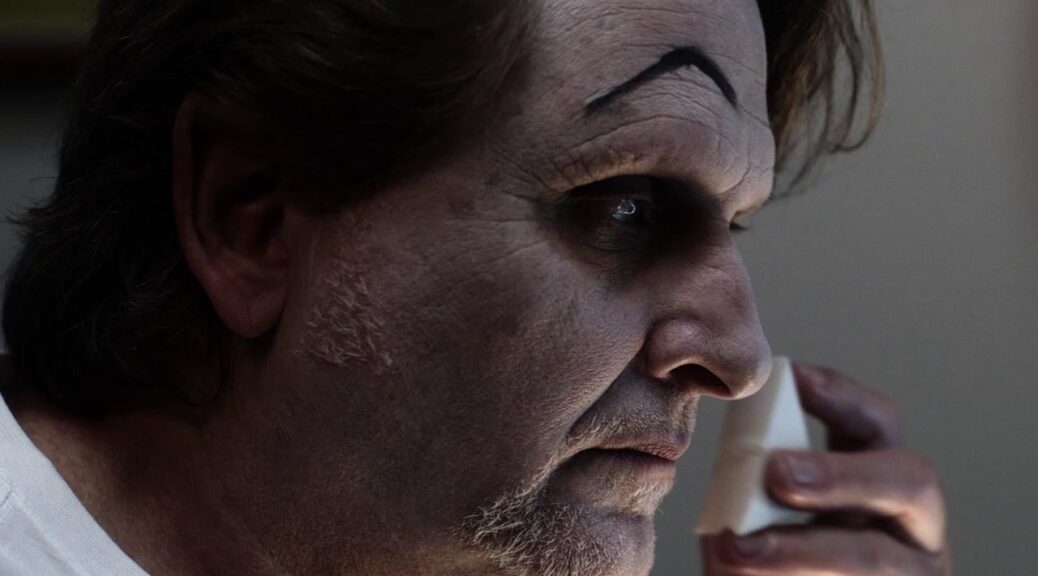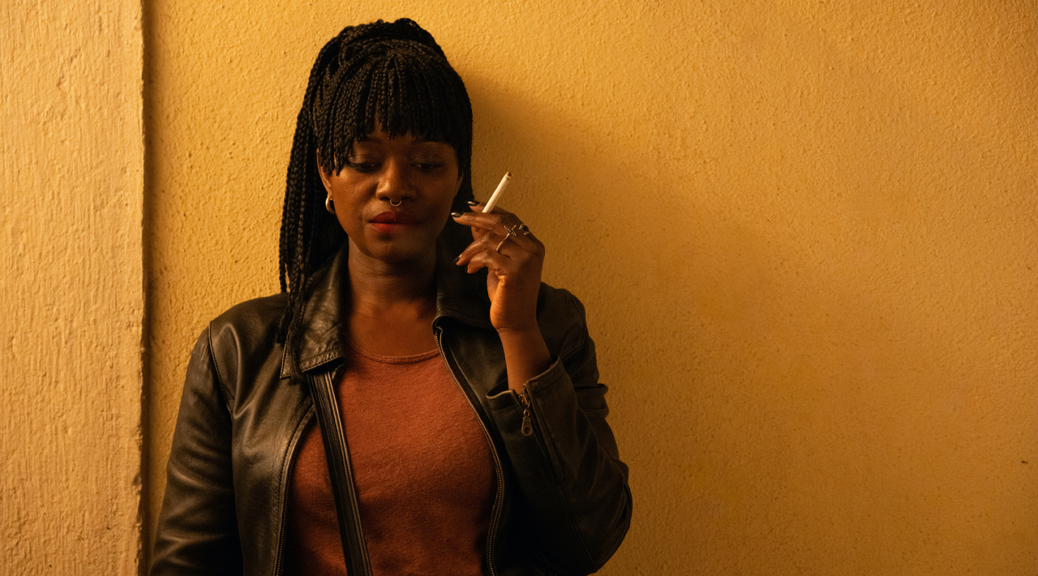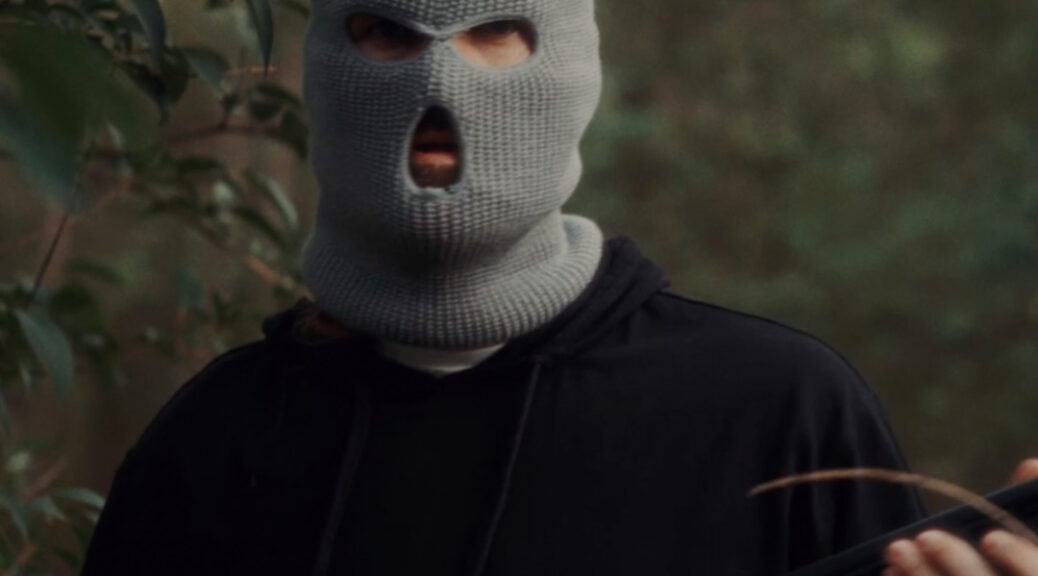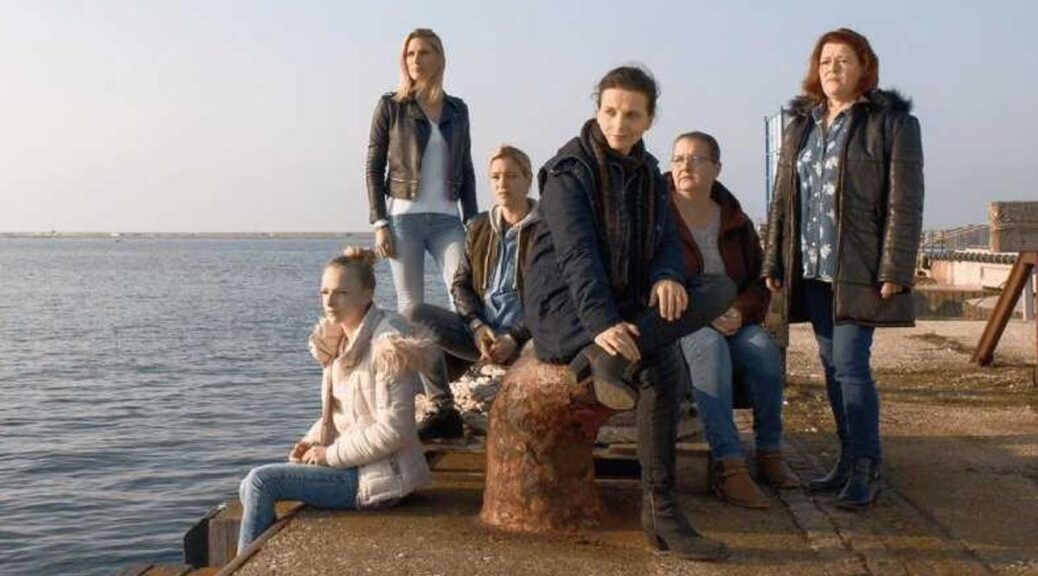8 Found Dead
by Hope Madden
There are a lot of important elements that come together to make a good horror movie: tension, dread, atmosphere, maybe blood and gore. But nothing is more vital than the villain.
8 Found Dead, the Airbnb etiquette horror from Travis Greene, brings the goods when it comes to villains.
It seems Liz (Rosanne Limeres, splendid) and her husband Richard (real life husband Tim Simek) don’t have much to do now that their little hometown theater closed. But they can still put on a performance. Like pretending the Airbnb is double booked. Without Wi-Fi, how can anyone prove who’s really supposed to be there? Guess they’ll all just have to make the best of it.
8 Found Dead picks the same etiquette horror scabs as Speak No Evil or Funny Games – not quite as effectively, but with a macabre sense of humor that thoroughly entertains.
Rather than taking a chronological approach, Jonathan Buchanan’s script uses nonlinear storylines to allow each set of victims its own performance. Why should anyone have to share Liz and Richard?
Influencer Sam (Alisha Sope) and boyfriend Dwayne (William Gabriel Grier) head to an isolated Airbnb to make an announcement to Sam’s many followers. Carrie (Aly Trasher) and Ricky (Eddy Acosta) expect to join them, but they run late. Meanwhile, a 911 call brings two officers – an estranged married couple – out to investigate.
Each pair could learn a thing or two about commitment from Liz and Richard. These two are in it to win it.
8 Found Dead dances around some of the obvious questions that films like Barbarian and Funny Games address head on. But it also gets points for homaging the greatest lodging horror film of all time.
The opening falls to purposeless ogling – Jenny Tran’s performance deserved better – which the film struggles to overcome. But impressive editing and that shifting storyline keep Found Dead from ever getting stale.
Plus, there’s the promise that we could get to know Liz and Richard even better.













